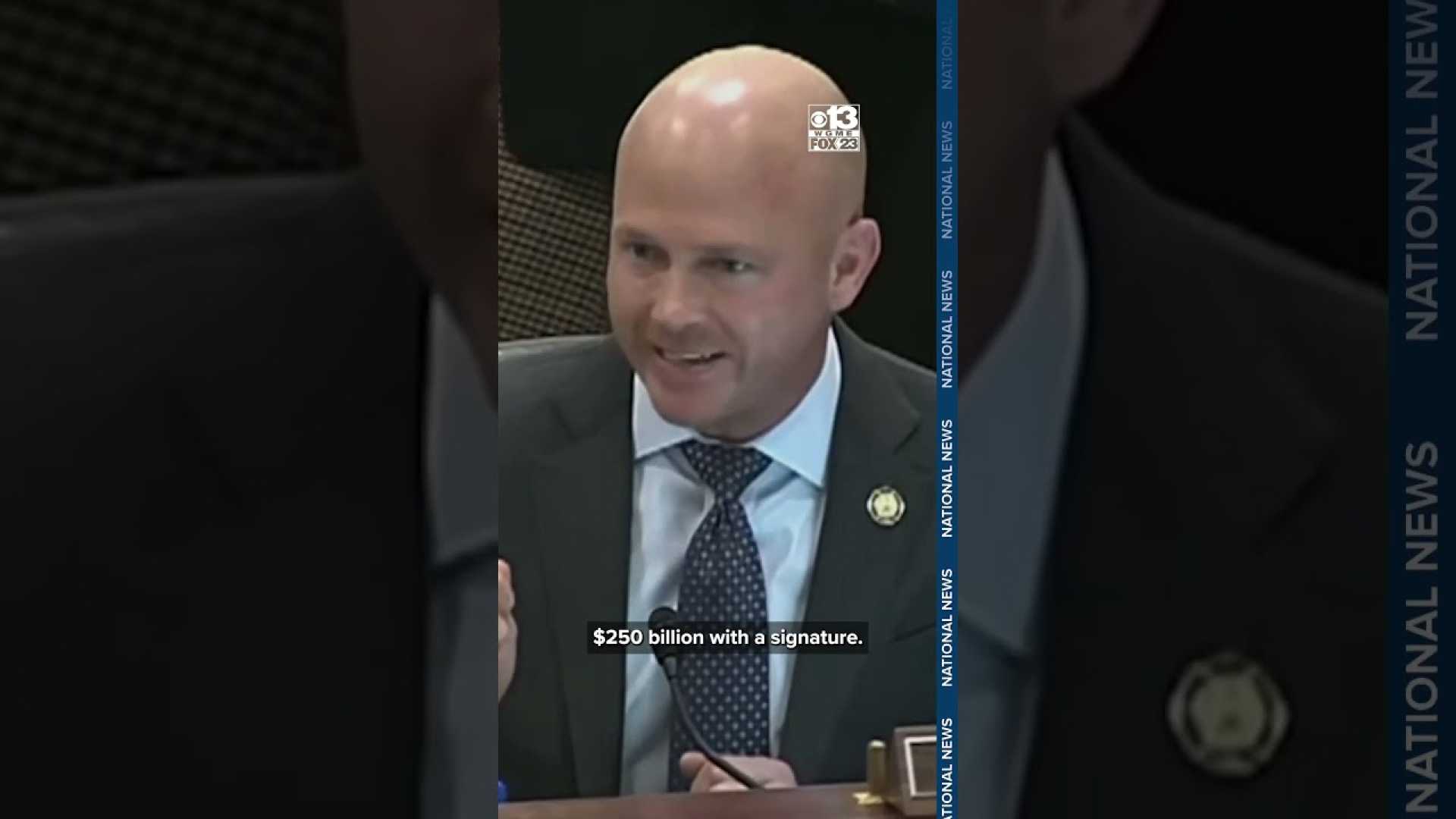Politics
House Subcommittee Launches Effort to Combat $2.7 Trillion Fraud

WASHINGTON—The House Subcommittee on Delivering on Government Efficiency (DOGE) kicked off its inaugural hearing today to address the staggering issue of improper payments and fraud costing taxpayers hundreds of billions annually. The hearing, led by Chairwoman Marjorie Taylor Greene (R-Ga.), featured expert witnesses who presented strategies to enhance payment systems and curb waste.
“The DOGE Subcommittee is committed to rooting out waste and improving payment accuracy across federal agencies,” Greene stated. “Our aim is to ensure that taxpayer dollars are managed effectively.” The subcommittee aims to collaborate with President Trump and Elon Musk to reduce bureaucratic waste, which has expanded significantly over the years.
During the hearing, lawmakers highlighted the need for legislative measures to strengthen payment verification processes. A key concern raised focused on the disparity in fraud incidents between private and public sectors, with criminals exploiting government systems at a much higher rate.
David Talcove, CEO of a technological consulting firm, noted, “The fraud rate in the public sector is around 20 percent, whereas the private sector sees a rate of about 3 percent. This discrepancy indicates that the tools used in private businesses for identity verification and payment validation are largely absent in government processes.”
Chairwoman Greene challenged witnesses about the implications of government inefficiencies, asserting, “Private companies have to maintain customer trust and profitability; they cannot afford such high levels of fraud. Unlike private entities, the federal government can print its own money, which contributes to the lack of accountability. Would you agree?” Talcove responded affirmatively.
In a robust debate, Rep. Tim Burchett (R-Tenn.) criticized Democratic members of the committee for defending the status quo surrounding improper payments. He emphasized that local healthcare verification processes exemplify higher standards than federal payments, saying, “The gravy train for fraud is about to derail; enough is enough.”
Rep. Eric Burlison (R-Mo.) underlined the DOGE Subcommittee’s position within the Executive Office, emphasizing its role in safeguarding taxpayer funds. He drew comparisons with past administrations, reinforcing that creating agencies through executive orders has historical precedence.
Rep. Brian Jack (R-Ga.) pointed out inefficiencies stemming from the 1974 Privacy Act, which he argues hinders the implementation of modern technological solutions to combat waste. “Many processes still rely on antiquated methods, leading to incorrect disbursements of funds,” Jack stated. Talcove concurred, stressing the necessity of leveraging technology, particularly AI, to address these systemic issues.
Moreover, Rep. Brandon Gill (R-Texas) held the Biden-Harris Administration responsible for exacerbating the improper payment crisis through unchecked welfare expansion. He underscored the alarming statistic of $2.7 trillion misallocated since 2003, asserting that the issue warranted thorough scrutiny.
As the subcommittee commenced its initiatives, a consensus emerged on the urgency of reforming outdated systems and eliminating loopholes that facilitate fraud. The hearing marked a pivotal step toward accountability in government spending and a commitment to safeguarding taxpayer interests. The focus will remain on developing comprehensive strategies that ensure efficiency and transparency in federal payment systems.
The establishment of the DOGE Subcommittee is part of a broader effort to address long-standing issues of waste in Washington, underscoring the necessity for bipartisan commitment to reform.












